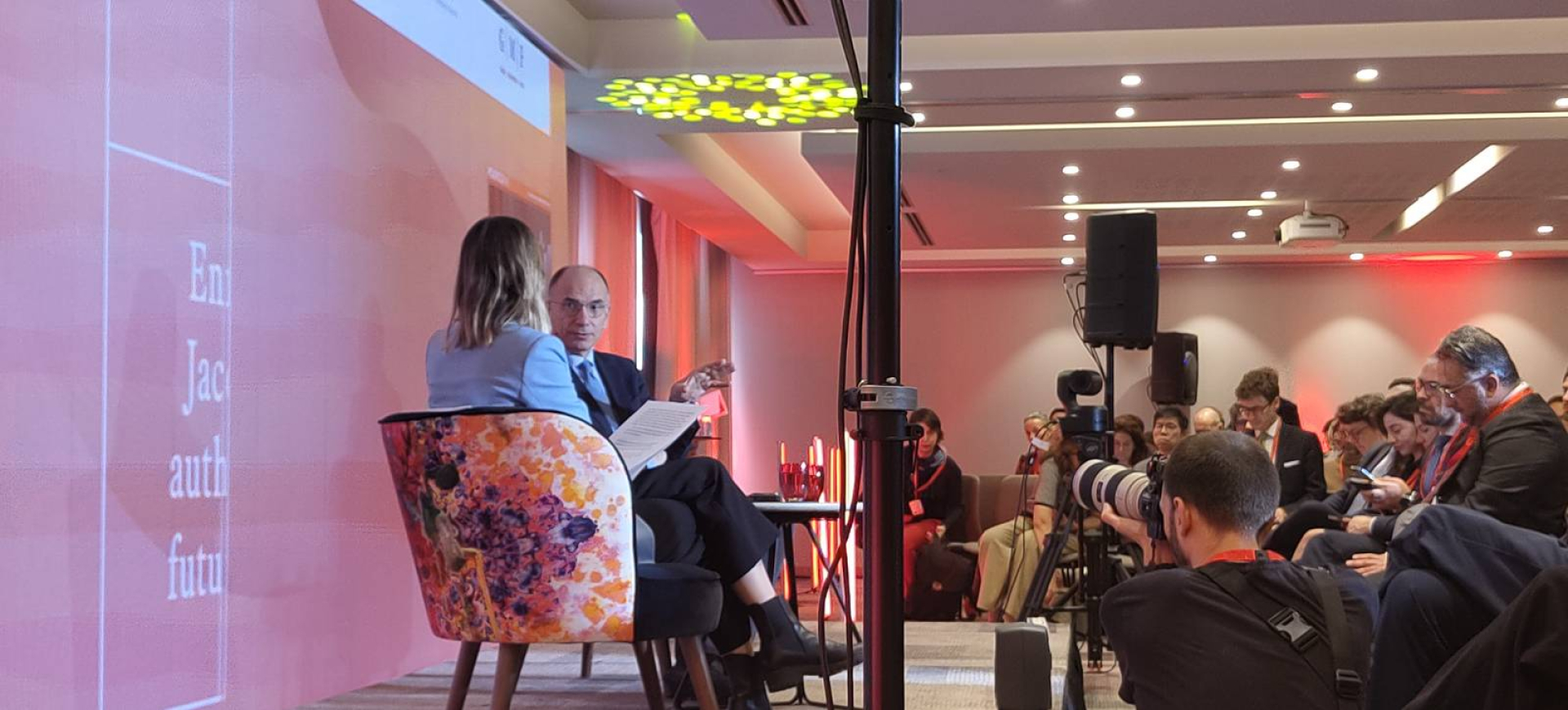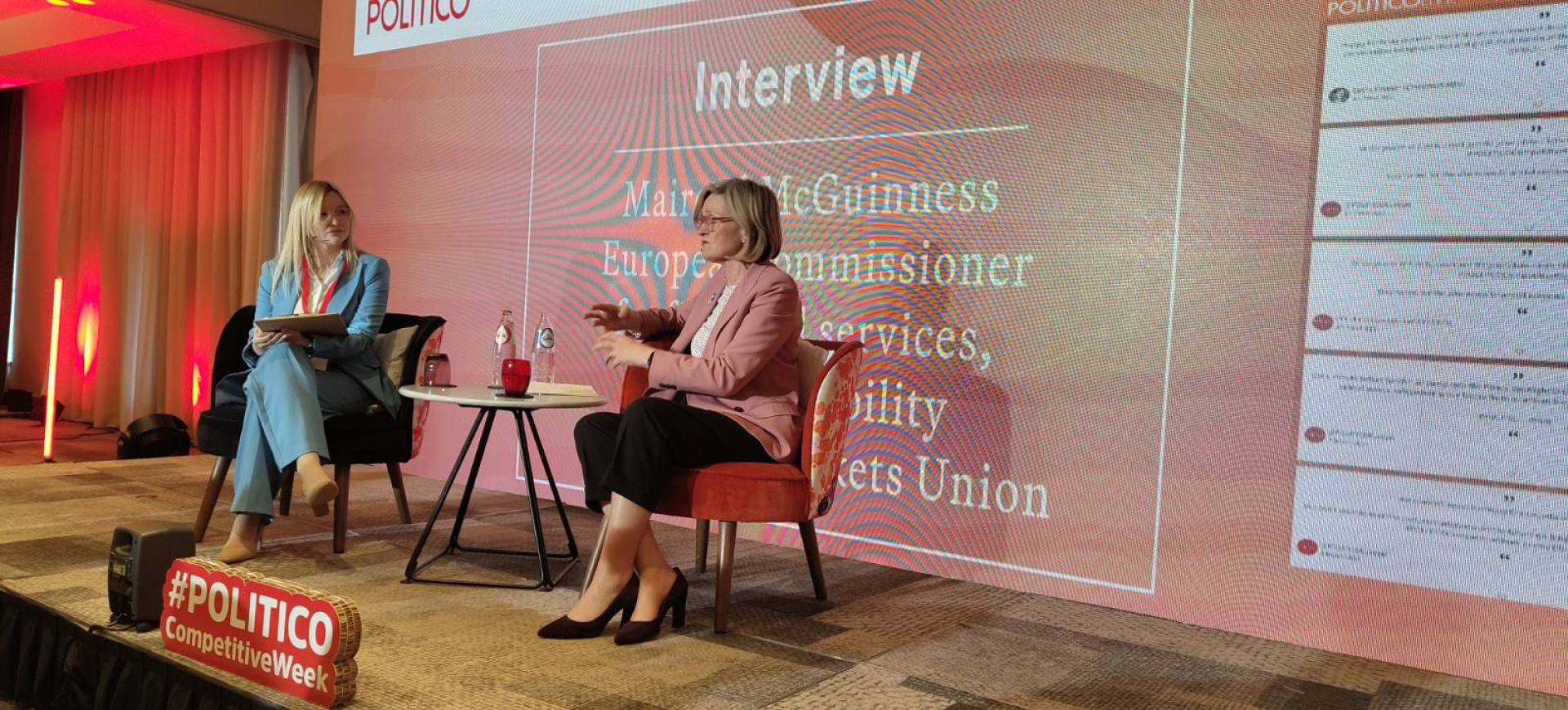PSSI’s Project Manager Elias Sköld at the POLITICO Competitive Europe Summit
9 Oct 2024/PSSI
PSSI’s Project Manager, Elias Sköld, attended the POLITICO Competitive Europe Summit, focusing on key issues such as the EU’s economic security, the necessity of a robust Capital Markets Union, and safeguarding Europe’s financial stability in the face of evolving global challenges.
Several key themes were emphasized and revisited throughout the event, highlighting the opportunities and challenges shaping the EU’s economic future. In response, think tanks like PSSI play a crucial role by contributing data, research, and expert analysis, helping to shape policy and drive informed, evidence-based debate.
One of the topics discussed was the Capital Markets Union. The EU finds itself at a critical juncture, where more liquid capital markets, deeper Union-wide integration, and a dynamic investment landscape are essential to avoid falling behind in global innovation and competitiveness. These changes are crucial to support local start-ups and scale-ups, many of which face challenges in securing adequate funding or are acquired by foreign companies, weakening Europe's competitive edge. With such a marked increase in capital markets investments expected in the near future, enhanced scrutiny is necessary to ensure that these investments do not support regimes or actors that threaten democratic values and security interests. In this context, think tanks play a vital role in monitoring and analyzing these financial flows, ensuring that European investments align with the EU’s core values and long-term strategic interests.

Another key issue raised was the low levels of financial literacy and the fragmentation of banking systems across the EU. These factors continue to weaken financial unity within the Union. Think tanks, including PSSI, have a crucial role in addressing this gap by advancing cross-border research, offering policy recommendations, and leading educational initiatives to improve financial literacy among experts and policymakers.
Finally, concerns over geopolitical challenges - particularly related to China - were a recurring theme. Europe must diversify its supply chains, de-risk or even de-couple vulnerable and exposed sectors of its economy, and harmonize sanctions regimes to safeguard its strategic interests. Strengthening values-based, security-minded cooperation with allies will be key to addressing these vulnerabilities and ensuring resilience in the face of global instability.
